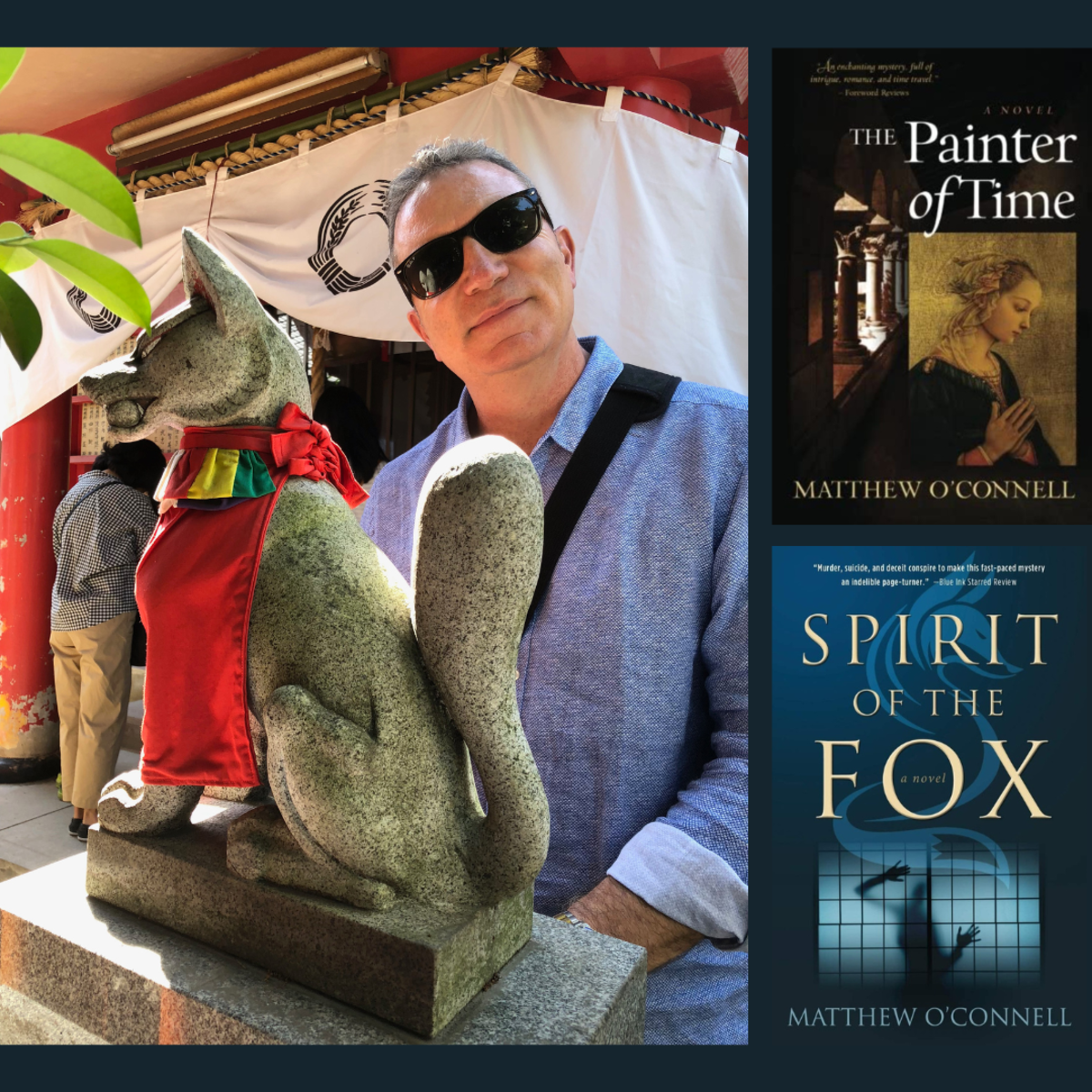The Writing Process and Ideation

The Writing Process
The basic framework of the writing process consists of four components: prewriting, outlining, a discovery draft, and revision process. Each component is essential to the integrity of composing a well-thought and successful composition.
Prewriting
The beginning of all written compositions spark from a thought. Preliminary thinking, or ideation, is perhaps the most difficult yet most rewarding aspect of the writing process. From my experience, I would invest most of my efforts on this area of my writing process. Preliminary thinking begins with utilizing ideation techniques such as brainstorming, freewriting, doodling, clustering, or mind-mapping.
Brainstorming
This is an oldie but goodie! It is an ageless technique with proven success for many writers. Furthermore, your approach can be vary quite a lot! Here is an excellent resource discussing various approaches to brainstorming: https://www.wrike.com/blog/techniques-effective-brainstorming/

Freewriting
This approach is best utilized by spontaneous writers, or writers with wandering thoughts. Freewriting is essentially used to “capture” your racing thoughts as they occur. The key is to let your stream-of-consciousness take control and to never stop writing. Here is great resource that discusses some tips you may use to help your freewriting: https://www.lynchburg.edu/academics/writing-center/wilmer-writing-center-online-writing-lab/drafting-a-document/freewriting-techniques/
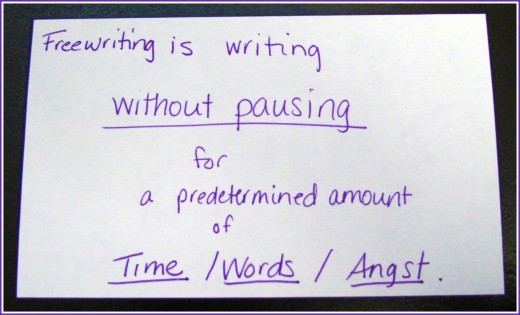
Doodling
You may think doodling is just a middle school pastime, but it is an excellent method to get your creative juices flowing! In some aspects, doodling can give you a distinct advantage over the other techniques listed here. This is especially true for visual-learners. For instance, if I needed to visualize something very specific and describe it in words, an appropriate technique I can try is sketching it. Even finding a picture on Google of what I am trying to describe can help get the mental wheels turning in a very different way. A picture can be worth a thousand words.
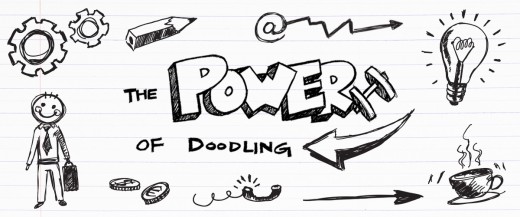
Clustering
The basic idea of clustering is about creating bundles and groups. For example, many people use a clustering strategy to study SAT words by finding a lot of words with a closely related meaning. It simplifies the process of memorization because instead of remembering 20 or more unique definitions, you would only need to remember one associated definition. Here is a visual that uses post-it notes.
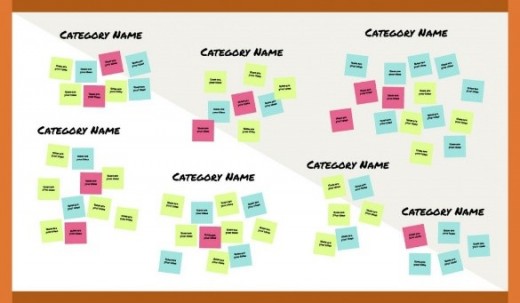
Mind-Mapping
Mind-mapping is essentially a cross between brainstorming and doodling. It is the ultimate expression of both artistic and logical discovery, but it requires a significant amount of practice and time to complete. This method works best when you have an extended period to develop your ideas—it is not the simplest or most efficient preliminary thinking mode, so it takes a while for your thoughts to fruition. Here is an example:

Outlining
After you explore your topic using ideation techniques, the next step is to organize the chaos of your thoughts. Your brainstorming, freewriting, doodling, clustering, or mind-mapping may have led you to some great insights! You may have discovered major points you would like to bring up, relevant examples, or even recalled some personal experiences that may shed light into your topic. However, if you look at the pictures above then you may notice how messy these ideation techniques manifest. They lack the organization and logical progression of a workable platform to guide your writing.
This explains why outlining is the next important component of the writing process. Essentially, outlining is the process during which you logically organize your topic into sub-topics, supporting details and examples, and overarching connections between ideas. Furthermore, outlining helps students focus on exactly what is required within their written assignments. I always recommend pairing your outline beside your grading rubric and review them side-by-side to ensure you never stray off topic. Here is a great resource that explores this topic further: https://writingcenter.fas.harvard.edu/pages/outlining
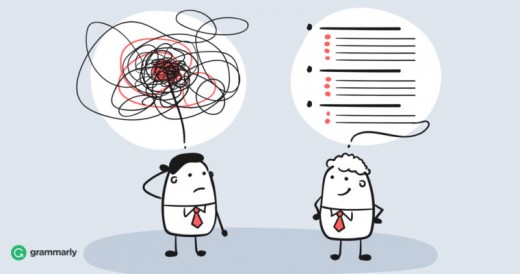
The Discovery Draft
The next basic component to the writing process is the aspect most writers tend to think about while discussing “writing” in general. The next step is to follow your intuition and begin typing your first draft. There are many ‘rules’ to writing but this first draft is not necessarily the time to stress perfection. Rather, this first draft is about achieving a flow and rhythm. Old poets always used to say, “write drunk, revise sober,” and there is a lot of truth to it. Not literally— of course— but in a figurative sense, getting your thoughts onto the page is an important step, and sometimes our minds interfere too much with the process. The human mind is wired to relentlessly categorize and organize stimulus from our environments. This slows us down as writers. The more you practice your writing skills, the easier it will become to overcome this obstacle. Check out this resource that discusses some tips on drafting and overcoming “writer’s block”: https://libguides.lmu.edu/c.php?g=324079&p=2174095
The Revision Process
The final basic component of the writing process is the most often overlooked yet one of the most critical aspects to crafting successful compositions. The revision process is characterized by an acute attention to detail as well as a sound understanding of proper grammar, mechanics, and style. As you continue to practice your writing skills, the more you will become acquainted with these ‘rules’ and the more attentive your eye will be when searching for changes. Needless to say, though, even the best writers must revise their work. In fact, the best writers may be so great because of their ability to revise effectively. Here is another great resource to help you think further about the revision process: https://writingcenter.unc.edu/tips-and-tools/revising-drafts/
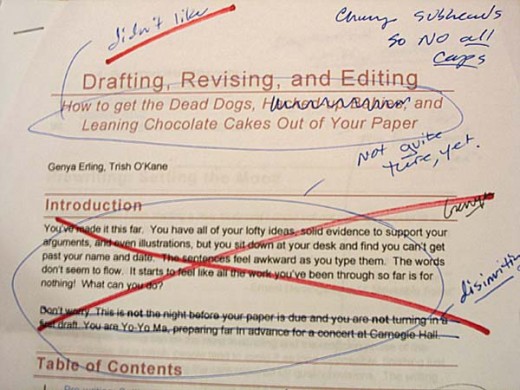
© 2018 The Professor




